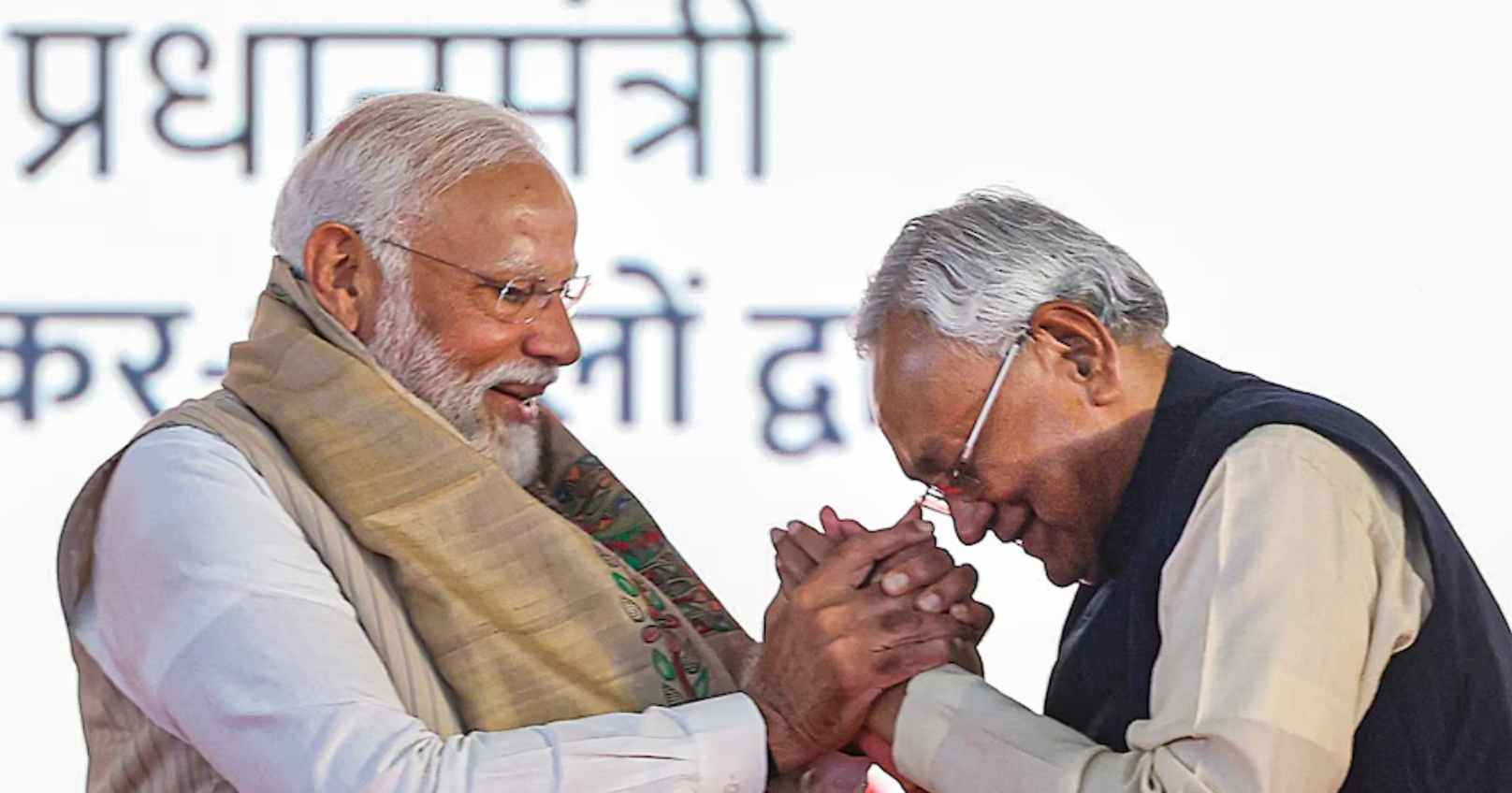The Janata Dal (United) has reminded the BJP-led NDA government of their "promise" to grant Bihar special category status after the Centre claimed in Lok Sabha that such a demand was not justified, sources revealed. This reminder came a day after the JD(U), a key member of the NDA, pushed for special status for Bihar during an all-party meeting before the start of the Monsoon session of Parliament.
On the first day of the Monsoon session, Minister of State for Finance Pankaj Chaudhary, in a written reply to Lok Sabha, referenced a 2012 inter-ministerial group report, asserting that Bihar does not qualify for special category status based on existing criteria.
The minister explained that special category status had been granted in the past to states facing challenges such as difficult terrain, low population density, a significant tribal population, strategic border locations, economic and infrastructural backwardness, and financial non-viability.
"Previously, Bihar's request for special category status was evaluated by an inter-ministerial group, which submitted its report on March 30, 2012. The group concluded that based on existing NDC criteria, Bihar does not qualify for special category status," the minister stated.
In response to the government's position, senior JD(U) sources informed India Today TV that the party remains steadfast in its demand for special category status for Bihar.
"If there is some technical issue, the government must provide us with a special package for Bihar's development. We want to make it very clear that we are part of this alliance only because we were promised special status for Bihar," JD(U) sources said.
During the all-party meeting on Sunday, July 21, the Lok Janshakti Party (Ram Vilas) and Rashtriya Janata Dal also demanded special category status for Bihar. Similar demands were made for states like Odisha and Andhra Pradesh by the Biju Janata Dal and YSR Congress Party, respectively.
The special category status entails benefits such as financial aid, tax concessions, and additional support from the central government. States typically seek this status due to economic backwardness, geographical challenges, and socio-economic disadvantages.







